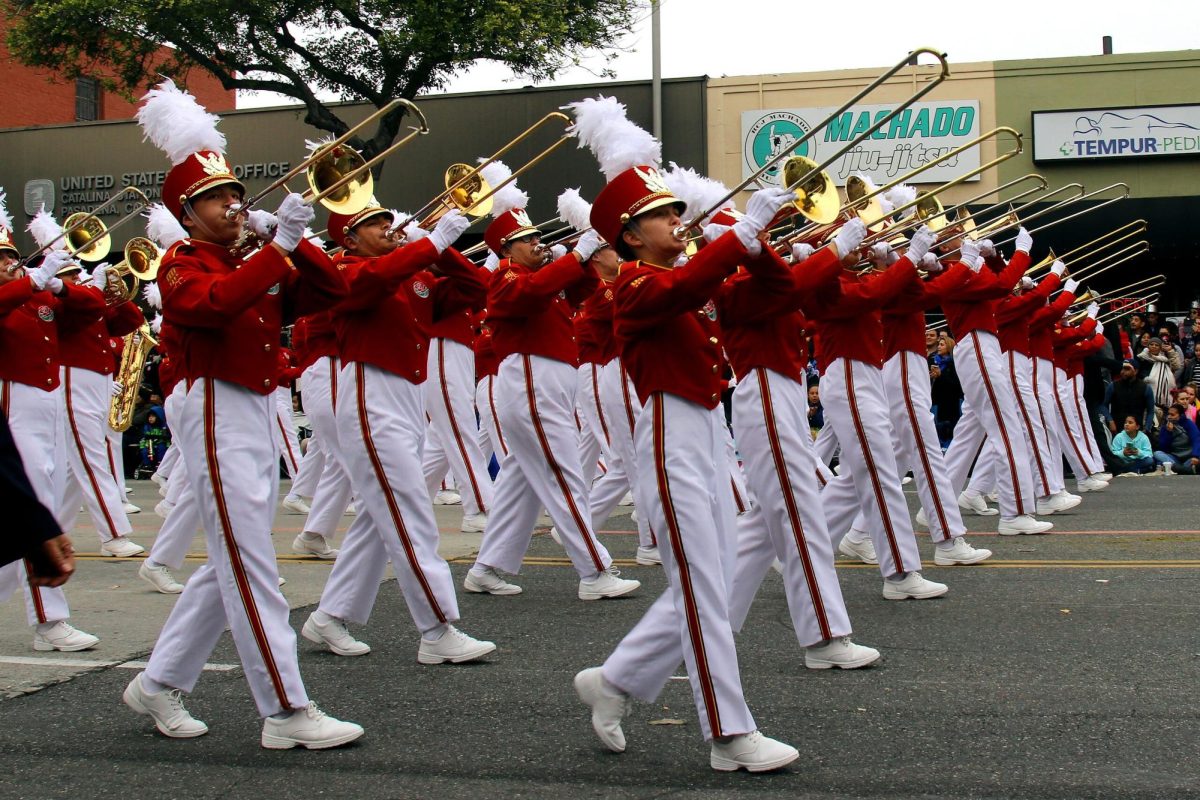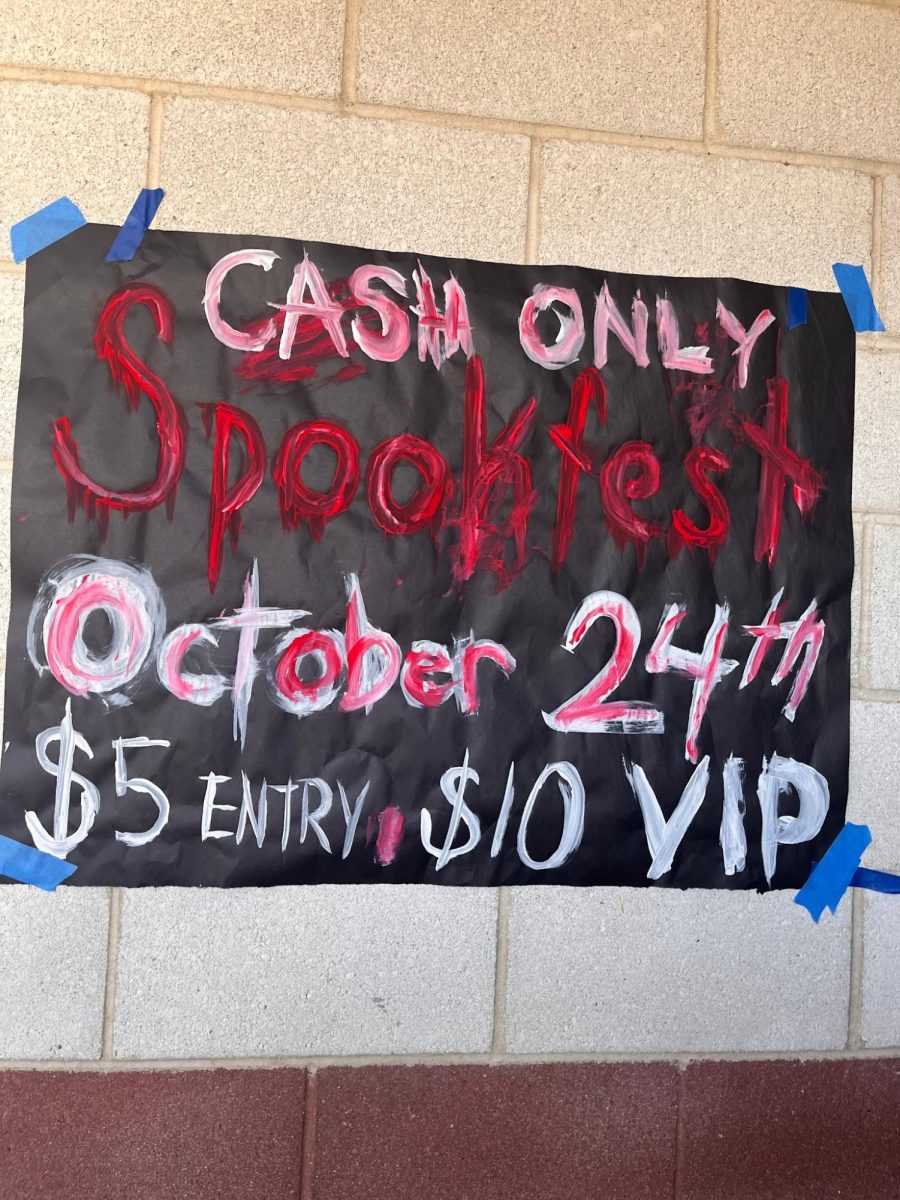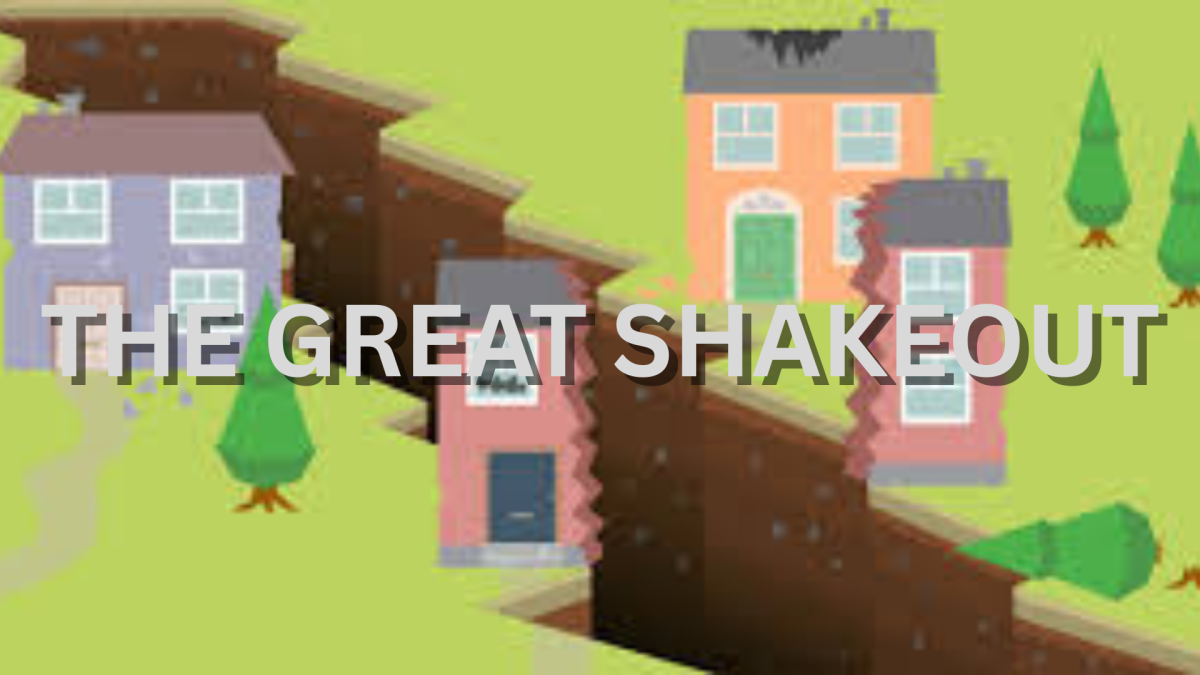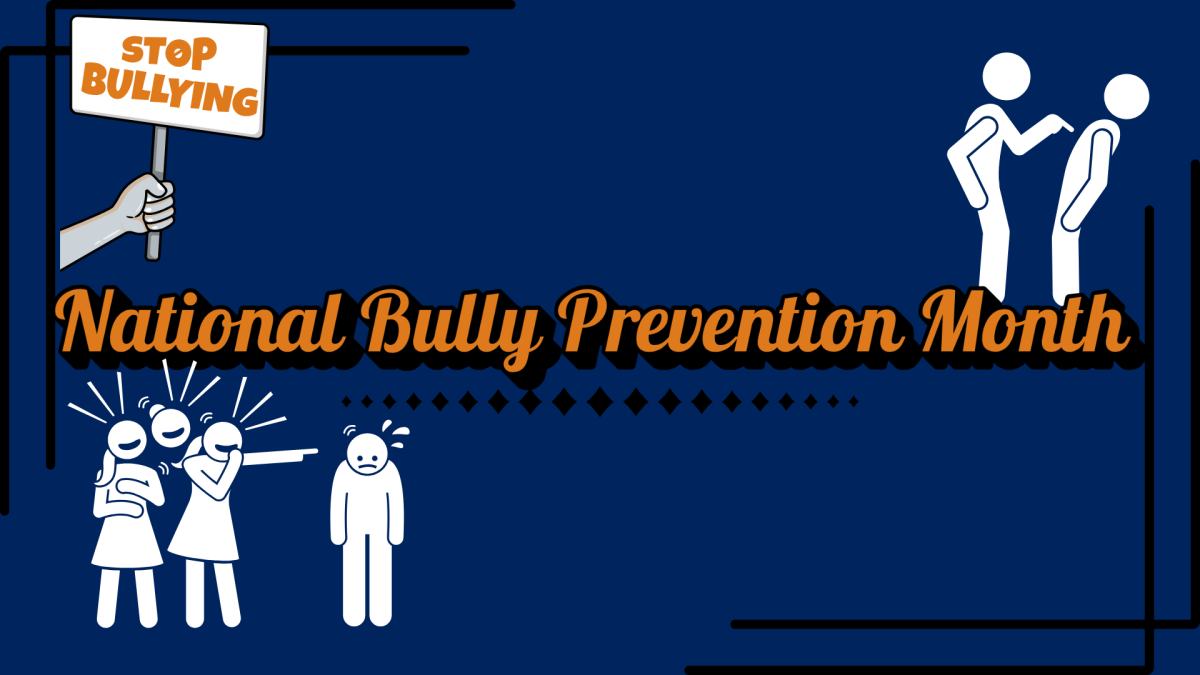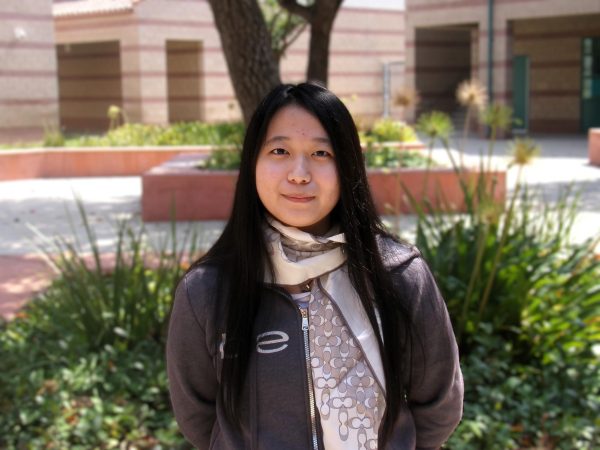
On Tuesday, Vietnam War veteran Paul “Buzz” Baviello, who once served as a medic in the Navy Corpsman, attended Eleanor Roosevelt High School as a guest speaker recounting his experiences during the Vietnam War and sharing the lessons he learned during that time.
Out of 27 million, 2.2 million men were drafted for the war. Millions of young men would avoid getting drafted for the war. Some would flee to other countries, feign physical and mental illnesses, or homosexuality, plus various other methods. He recounted that some of his friends would avoid the draft by staying in college for a few more years. Baviello volunteered to serve alongside other 18-19-year-olds fighting the war, defending South Vietnam against the Northern region. 58,212 men and 8 women died during the bloody war.
Moments before Baviello embarks on his journey to the battlefield, he was told to fill out the Record of Emergency Data.
He said, “They gave us a paper, on the paper it asks you when you die, where would you want your body to be buried, and who to notify. This was to get in your mind that you’ll die.”

Despite the brutality of the war, Baviello exclaimed that he, and many other veterans, do not regret their decision to serve in the war. In fact, Baviello believes in the strong values of friendships he made along the way and the joys of living.
As Buzz Baviello stated, “Don’t worry about dying, we’re all going to die anyway, so enjoy the joys of living. If you’re not happy, that’s your fault. You can’t always get what you want in life.”
During his time in Vietnam, there was no running water, no bathrooms, a lot of mosquitoes, and rats, and the temperature was above 100 degrees. 13 soldiers would get up when the sun was up and then go on 6-8 hours long patrols. While on patrols, the soldiers would spread out around 10 meters apart in case of encountering a booby trap or their enemies.
“It would be 13 guys versus 10,000 soldiers, typically with the new guys leading the group. We’d bring two canteens, and stop by anywhere we could with water even if there were dungs in it. We couldn’t do anything about it, we have to live,” he said.
He continued, “There was a guy who was walking on patrol, got lazy and went through a bush where he encountered a booby trap. He got blasted and later died in the helicopter, the rest of us were knocked back by the blast.”
“We would bathe once every one or two months, there’s also no soap. We couldn’t bathe in case we get caught by the enemies for smelling good.”
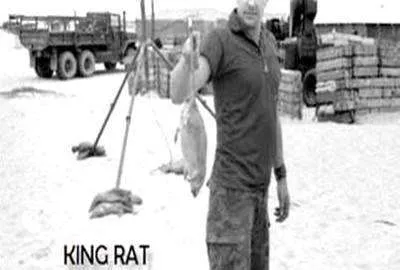
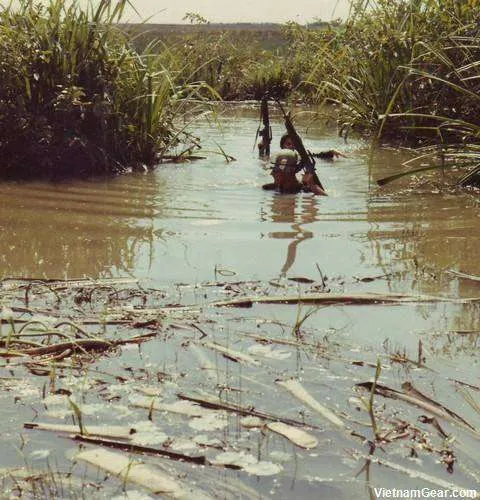
Compared to California, Vietnam would rain for more than three months. Soldiers would often sleep in the rain and the wilderness, using poncho liners to avoid mosquitoes and rats with one person awake in guardian the night in case their enemies approached them. Since crickets stop chirping once a person gets too close, the soldiers would get notified quickly of the sudden silence.
Out of 7 million who served in the military, only 1.7 million of them saw the actual combat. On the battlefield, soldiers have a hard time trusting civilians as they could be a spy sent from the opposing side.
“There once was a 10-year-old boy who used to give us cold sodas all the time. Then one day we were attacked and by a hill, we found the kid dead. Turns out he was a spy, he spoke with us while mapping out our layout,” Baviello recounts.
On the battlefield, nobody knows how many people they’ve killed. All there was to see were smoke and muzzle flashes. As a medic, they can only take care of those who have a higher survival rate due to their limited supplies in the medkit and knowledge.
“The scariest part was to be a coward. Being scared and not being able to go out and save the marines,” he shared.
The food offered during the harsh time had a lot of preservatives and was made 20 years prior. In a box, there were three cans, and was given a spoon for the entire duration. The soldiers would take apart the C4 then place it in an empty can and use it to heat their food.
Upon returning to the United States, anti-war protestants called the soldiers names and mistreated them. Many misconceptions such as “baby killers” or “the soldiers are drug addicts” were spread. When he returned to his college, he asked the administration to not spread the word of his serving in the war due to the heavy mistreatments.
He shared that the idea of returning to the United States feels foreign, “U.S. felt like ‘the world’ because we weren’t part of them.”
“There were a lot of problems with race in the States, not so much in Vietnam,” Baviello continues, “Vietnam didn’t care about money and race, only protecting each other. We were brothers in Vietnam.”
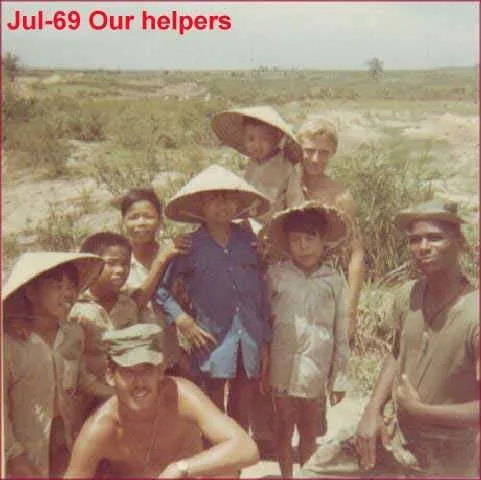
“The ‘ I’m sorry about that’, don’t feel sorry for me, I learned a lot about life,” he said, addressing those who pitied his experience during the war.
Today, Baviello is a football coach who coaches for the Patriot High School’s football team. He has also written a book titled “Corpsman Up” and has continually been sharing his stories about his experiences during the Vietnam War for the last 14 years.

